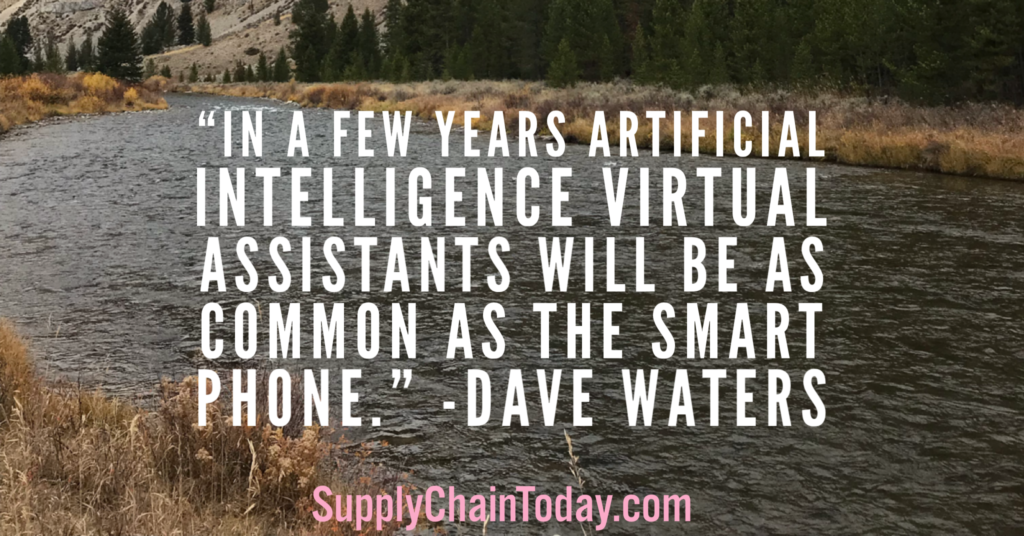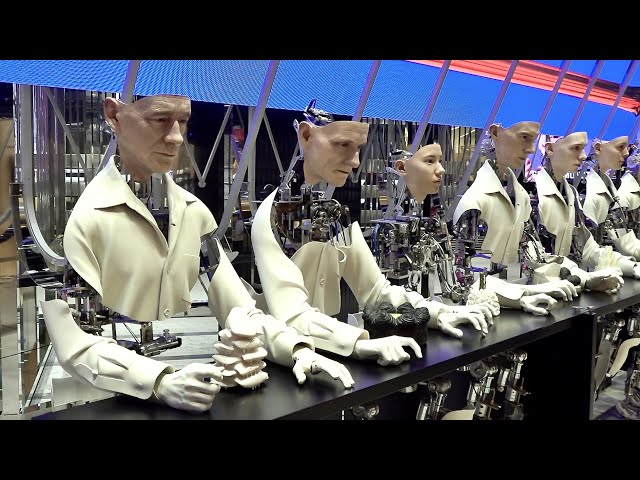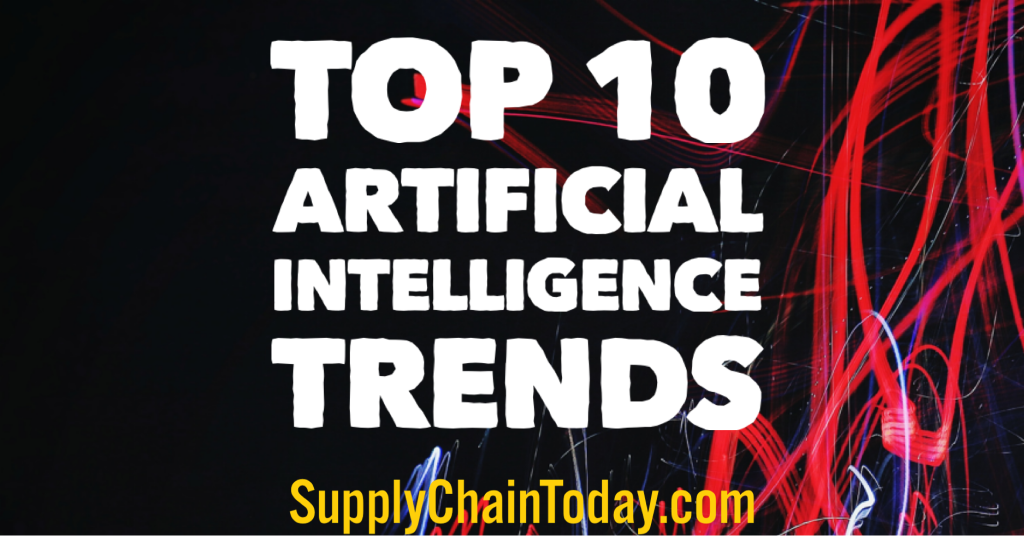What are Generative Artificial Intelligence Models?
Generative artificial intelligence (AI) models are a type of AI model that can generate new data that is similar to the data it was trained on. These models are often used for tasks such as image synthesis, music composition, and natural language processing.
There are several types of generative AI models, including:
- Autoencoders: Autoencoders are neural networks that learn to compress data into a lower-dimensional representation and then reconstruct the original data from this representation. They can be used for tasks such as image and speech generation.
- Variational Autoencoders (VAEs): VAEs are a type of autoencoder that can generate new data points by sampling from a latent space. This allows them to generate new data that is similar to the training data, but not identical.
- Generative Adversarial Networks (GANs): GANs are a type of neural network that consists of two parts: a generator and a discriminator. The generator creates new data points, and the discriminator tries to distinguish between the generated data and the real data. The two networks are trained together in a process called adversarial training, which results in the generator producing realistic new data.
- Transformers: Transformers are a type of neural network architecture that has been used for natural language processing tasks such as language translation and text generation. They are based on the idea of self-attention, which allows them to capture relationships between different parts of the input data.
Overall, generative AI models are an exciting and rapidly evolving area of AI research. They have the potential to revolutionize many industries, from entertainment to healthcare to finance, by enabling machines to create new and unique data that was previously only possible for humans to produce.
AI Quotes
- “Already, over 10 percent of millennials have opted for ridesharing over car ownership, but this is just the beginning. Autonomous cars will be four to five times cheaper—they make owning a car not only unnecessary, but also expensive. My guess, within ten years, you’ll probably need a special permit to drive a human-operated car.” ~
- “Predicting the future isn’t magic, it’s artificial intelligence.” ~Dave Waters
- “I visualize a time when we will be to robots what dogs are to humans, and I’m rooting for the machines.” – Claude Shannon
- “I think we should be very careful about artificial intelligence. If I were to guess like what our biggest existential threat is, it’s probably that. So we need to be very careful with the artificial intelligence. Increasingly scientists think there should be some regulatory oversight maybe at the national and international level, just to make sure that we don’t do something very foolish. With artificial intelligence we are summoning the demon. In all those stories where there’s the guy with the pentagram and the holy water, it’s like yeah he’s sure he can control the demon. Didn’t work out.” ~Elon Musk
- “Whether it’s in our cars, our hospitals or our homes, we’ll soon depend upon robots to make judgement calls in which human lives are at stake. That’s why a team of researchers is attempting to model moral reasoning in a robot. In order to pull it off, they’ll need to answer some important questions: How can we quantify the fuzzy, conflicting norms that guide human choices? How can we equip robots with the communication skills to explain their choices in way that we can understand? And would we even want robots to make the same decisions we’d expect humans to make?” ~Kristen Clark
Artificial Intelligence Training
- AI is Scaring Its Own Creators.
- Artificial Intelligence & the Future – Rise of AI (Elon Musk, Tim Cook, Bill Gates, Sundar Pichai…)
- Best Metaverse Quotes.
- Blockchain Quotes.
- Elon Musk is calling for a pause on the development of more powerful artificial intelligence systems
- Full interview: “Godfather of artificial intelligence” talks impact and potential of AI.
- How much of a threat is Artificial Intelligence?
- How Nvidia Grew From Gaming To AI Giant, Now Powering ChatGPT.
- Microsoft Artificial Intelligence Future of Work Event.
- Nvidia CEO believes the ‘metaverse’ can save companies billions of dollars in the real world.
- Nvidia Omniverse vs Facebook Metaverse (Watch the reveals).
- Stimulate Your Mind with These Quotes about the Future.
- Quotes about Robots Replacing Humans.
- Virtual Reality Training for Supply Chain.
Human Robot Production Process with New 3D Printer Factory.
Top 10 Artificial Intelligence Trends for 2024 and Beyond.
ChatGPT Asked to Create Songs About Supply Chain by Eminem, Elvis Presley, Blake Shelton and more.

Facebook Comments


